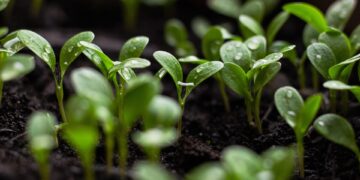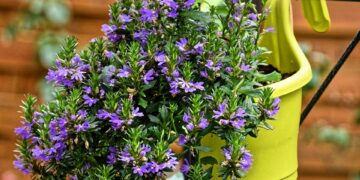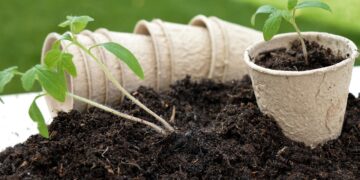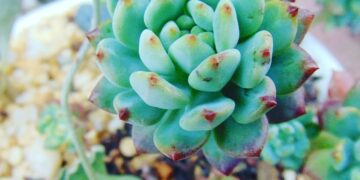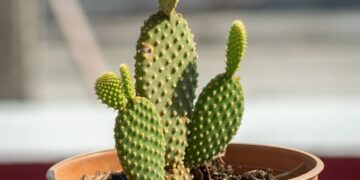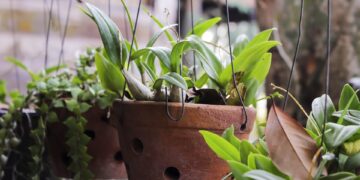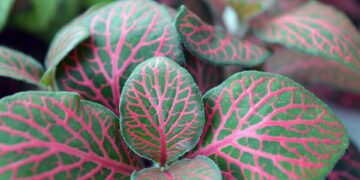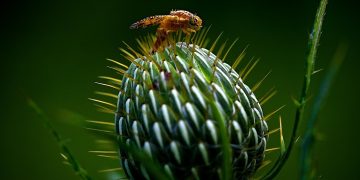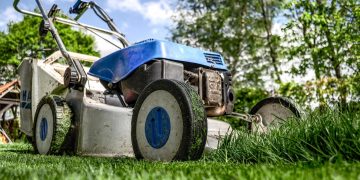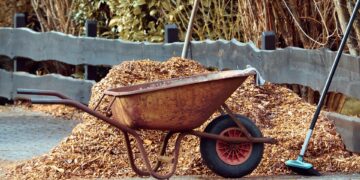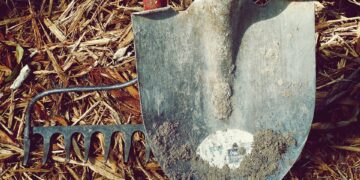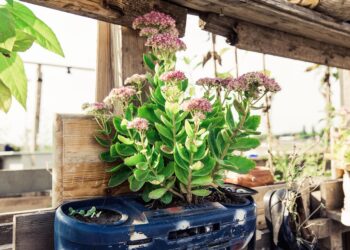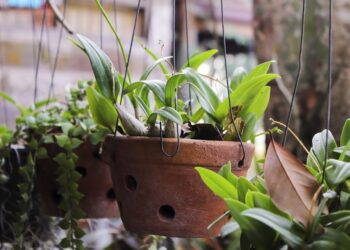Harvesting the Benefits: The Ultimate Guide to Thriving in Organic Gardening
Organic gardening has become increasingly popular in recent years as people become more conscious of the impact of chemicals on their health and the environment. By growing your own fruits and vegetables using natural methods, you can enjoy fresh, healthy produce while reducing your carbon footprint. In this ultimate guide, we will explore the benefits of organic gardening and provide you with tips and tricks to help you thrive in your own organic garden.
Benefits of Organic Gardening
There are numerous benefits to organic gardening, both for you and the environment. Here are some of the key advantages of growing your own organic produce:
1. Healthier Food
Organic fruits and vegetables are grown without the use of synthetic pesticides, herbicides, and fertilizers. This means that you can enjoy produce that is free from harmful chemicals and residues, which can have a negative impact on your health. Organic food is also higher in essential nutrients, making it a healthier choice for you and your family.
2. Environmental Sustainability
Organic gardening promotes sustainable farming practices that help to protect the environment. By avoiding harmful chemicals and supporting biodiversity, organic gardeners can reduce their carbon footprint and contribute to a healthier planet. Organic farming also helps to preserve soil quality and protect natural habitats for wildlife.
3. Cost Savings
Growing your own organic produce can help you save money on groceries, especially if you have a large garden or access to a community garden plot. By investing in seeds, soil, and compost, you can produce a bountiful harvest of fruits and vegetables that would otherwise be expensive to buy at the store. Plus, you can avoid the markup that comes with organic produce at the supermarket.
Tips for Thriving in Organic Gardening
Now that you know the benefits of organic gardening, here are some tips to help you thrive in your own garden:
1. Start with Healthy Soil
Healthy soil is the foundation of a successful organic garden. Make sure to enrich your soil with compost, manure, and other organic matter to provide essential nutrients for your plants. Test your soil pH and adjust as needed to create the ideal growing conditions for your fruits and vegetables.
2. Choose the Right Plants
When planning your organic garden, choose plants that are well-suited to your climate and soil conditions. Consider planting a mix of fruits, vegetables, herbs, and flowers to create a diverse and productive garden. Research companion planting to maximize your yield and deter pests naturally.
3. Practice Natural Pest Control
Instead of using chemical pesticides, opt for natural pest control methods to protect your plants from insects and diseases. Companion planting, crop rotation, and beneficial insects can help to keep pests at bay without harming the environment. You can also make your own organic pest repellents using ingredients like garlic, neem oil, and soap.
4. Water Wisely
Conserving water is essential in organic gardening, especially in dry climates or during drought conditions. Use a drip irrigation system or soaker hoses to deliver water directly to the roots of your plants and minimize evaporation. Mulch around your plants to retain moisture and reduce the need for frequent watering.
5. Harvest and Preserve Your Produce
When your fruits and vegetables are ready to harvest, be sure to pick them at the peak of ripeness for the best flavor and nutritional value. Store your produce properly to extend its shelf life and reduce food waste. Consider preserving your harvest through canning, freezing, or drying to enjoy your organic produce year-round.
Common Questions about Organic Gardening
As you embark on your organic gardening journey, you may have some questions about best practices and techniques. Here are some common questions and answers to help you get started:
1. Can I start an organic garden if I don’t have a lot of space?
Yes, you can start an organic garden even if you have limited space. Consider container gardening on a patio or balcony, or create a vertical garden using trellises or hanging planters. You can also join a community garden or rent a plot at a local garden center to grow your own organic produce.
2. How do I know if my garden soil is healthy?
You can test your garden soil using a soil test kit or by sending a sample to a professional lab for analysis. Look for signs of healthy soil, such as earthworms, good drainage, and a rich, dark color. If your soil is lacking in nutrients, you can amend it with compost, manure, or organic fertilizers to improve its quality.
3. What are some common pests and diseases in organic gardening?
Common pests in organic gardening include aphids, caterpillars, slugs, and snails, while diseases like powdery mildew and blight can affect your plants. To prevent and control pests and diseases, practice good garden hygiene, plant disease-resistant varieties, and use natural remedies like insecticidal soap and neem oil.
4. How can I attract beneficial insects to my garden?
Beneficial insects like ladybugs, lacewings, and parasitic wasps can help to control pests in your organic garden. To attract these beneficial insects, plant a variety of flowers that provide nectar and pollen, create habitat with mulch and plant diversity, and avoid using chemical pesticides that can harm beneficial insects.
5. What are some easy-to-grow plants for beginners in organic gardening?
Some easy-to-grow plants for beginners in organic gardening include tomatoes, lettuce, zucchini, herbs, and radishes. These plants are relatively low-maintenance and can produce a bountiful harvest with proper care and attention. Start with a few simple crops to build your confidence and expand your garden over time.
Conclusion
Organic gardening offers numerous benefits for your health, the environment, and your wallet. By following the tips and techniques outlined in this ultimate guide, you can thrive in your own organic garden and enjoy the satisfaction of growing your own fresh, healthy produce. Whether you have a small backyard plot or a few containers on a sunny windowsill, organic gardening is a rewarding and fulfilling hobby that can enrich your life and nourish your body.
Remember to start with healthy soil, choose the right plants, practice natural pest control, water wisely, and harvest and preserve your produce to make the most of your organic garden. With a little time and effort, you can cultivate a thriving garden that will provide you with a bounty of delicious fruits and vegetables for years to come.







